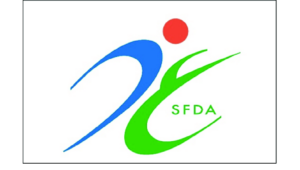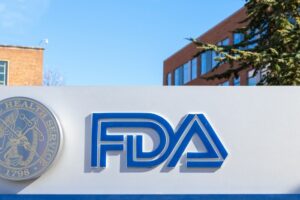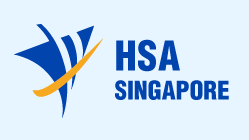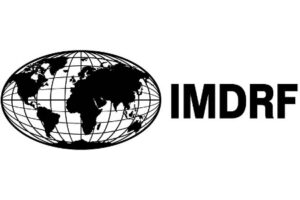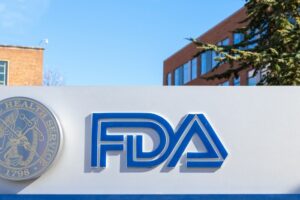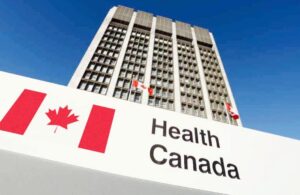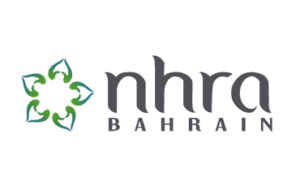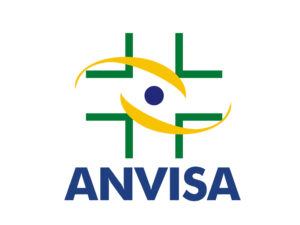The article provides an overview of the approach to be applied when calculating regulatory fees associated with registration and authorization for medicines intended to be marketed and used in Ireland.

Table of content
The Health Products Regulatory Authority (HPRA), an Irish agency responsible for healthcare products, has published a guidance document dedicated to the fees related to human products.
The document provides an overview of the applicable regulatory requirements, as well as additional clarifications and recommendations to be considered by manufacturers, their representatives, and other parties involved.
The authority also reserves the right to make changes to the guidance, should such changes be reasonably necessary to reflect corresponding amendments to the underlying legislation.
First of all, the document explains abbreviations used in the context of the guidance. These include such terms as ASR (Active Substance Registration), BTO (Blood, Tissues, Organs), CHMP (Committee for Medicinal Products for Human Use at the European Medicines Agency), and others.
The HPRA serves as the primary regulatory body overseeing a range of health products.
This includes medicines, medical devices, blood establishments, tissue establishments, human organs intended for transplantation, and cosmetics.
Each year, the Minister for Health establishes fees under the Health Products Regulatory Authority (Fees) Regulations.
The HPRA has designed the present guide in order to assist applicants in determining the right fee category for their applications.
This guide is structured according to the “Fee Application Form”, making it easier for applicants to cross-reference.
Authorization or Registration of Medicines: Key Points
For the purpose of the guidance, the term “MA range” is introduced, referring to the marketing authorizations that an MA holder possesses.
These authorizations are differentiated by specific number sequences. As further explained by the authority, various codes signify the type of application.
For instance, codes 111-113 are for national applications, while codes 114-116 pertain to mutual recognition applications where Ireland is a concerned Member State.
Fee determination is based on the nature of the application. For example, a new application for a medicinal product with a previously unlicensed active substance in Ireland would have a specific fee structure. The guide provides examples to illustrate how fees are calculated based on product forms and strengths.
Applications for medicinal products that contain known active substances that have been previously authorized in Ireland are assigned specific codes.
The fee structure depends on the nature of the application, and examples include full applications, hybrid applications, and well-established use applications.
These apply to generic products and those that have informed consent.
If an applicant wishes to introduce additional pharmaceutical forms after the initial application, extension fees should be paid.
The fee structure remains consistent with the initial application process. Changing the mode of sale for a product, like transitioning from prescription-only to over-the-counter, incurs specific fees.

Specific Aspects
The document further provides additional clarifications regarding specific cases and explains the fee payable should be determined.
For instance, any alteration or variation in the Marketing Authorisation (MA) requires a fee, which depends on the nature and number of changes being made.
However, certain types of variations, such as Type IA, are exempt from fees.
Transferring the ownership of MAs between different entities has associated fees. The rates differ based on the relationship between the companies involved.
Although there is no fee for renewal applications, supplements might be required in specific scenarios, especially when Ireland is the RMS.
There is a fee system for products that are parallel-imported into Ireland. The fees vary based on the source country and the type of product.
The HPRA conducts enforcement activities, and companies are billed yearly fees to cover these operations.
The fee amount is determined by the number of MAs or parallel import licenses a company possesses.
Requests related to marketing specific product batches or making changes to them have corresponding fees as well.
During product development, applicants can seek scientific advice from the HPRA. Fees for this service depend on the area of development in question.
Companies can also request product classification, and there are fees associated with this, which vary depending on the complexity of the request.
Special categories of products, such as radiopharmaceuticals, have specific fees. Before submission, the HPRA must agree on the product’s designation.
Conclusion
In summary, the HPRA has a comprehensive fee structure that covers various applications, modifications, and services associated with health products.
The present guidance provides additional clarifications for applicants to be able to accurately determine the costs associated with their specific needs.
How Can RegDesk Help?
RegDesk is a holistic Regulatory Information Management System that provides medical device and pharma companies with regulatory intelligence for over 120 markets worldwide. It can help you prepare and publish global applications, manage standards, run change assessments, and obtain real-time alerts on regulatory changes through a centralized platform. Our clients also have access to our network of over 4000 compliance experts worldwide to obtain verification on critical questions. Global expansion has never been this simple.
Want to know more about our solutions? Speak to a RegDesk Expert today!
-->- SEO Powered Content & PR Distribution. Get Amplified Today.
- PlatoData.Network Vertical Generative Ai. Empower Yourself. Access Here.
- PlatoAiStream. Web3 Intelligence. Knowledge Amplified. Access Here.
- PlatoESG. Carbon, CleanTech, Energy, Environment, Solar, Waste Management. Access Here.
- PlatoHealth. Biotech and Clinical Trials Intelligence. Access Here.
- Source: https://www.regdesk.co/hpra-guidance-on-fees-for-human-products-medicines/
- :has
- :is
- :where
- 120
- a
- Able
- About
- access
- According
- accurately
- active
- activities
- Additional
- advice
- After
- agency
- alerts
- All
- also
- amendments
- amount
- an
- and
- any
- applicable
- applicants
- Application
- applications
- applied
- Apply
- approach
- ARE
- AREA
- article
- AS
- assessments
- assigned
- assist
- associated
- At
- authorisation
- authority
- authorization
- authorized
- based
- BE
- been
- before
- being
- between
- blood
- body
- by
- calculated
- calculating
- CAN
- cases
- categories
- Category
- centralized
- certain
- change
- Changes
- changing
- classification
- clients
- codes
- committee
- Companies
- company
- complexity
- compliance
- comprehensive
- concepts
- concerned
- conclusion
- conducts
- consent
- considered
- consistent
- contain
- context
- Corresponding
- Costs
- country
- cover
- covers
- critical
- dedicated
- definitions
- Depending
- depends
- designation
- designed
- determination
- Determine
- determined
- determining
- Development
- device
- Devices
- differ
- different
- differentiated
- document
- easier
- enforcement
- enhancements
- entities
- especially
- establishes
- European
- example
- examples
- exempt
- expansion
- expert
- experts
- explained
- Explains
- extension
- fda
- fee
- Fees
- For
- forms
- from
- full
- further
- Global
- global expansion
- guidance
- guide
- Have
- Health
- healthcare
- help
- holder
- holistic
- How
- However
- HTTPS
- human
- Hybrid
- illustrate
- import
- in
- include
- includes
- information
- informed
- initial
- instance
- Intelligence
- intended
- into
- introduce
- introduced
- involved
- ireland
- Irish
- IT
- jpg
- Key
- Know
- known
- Legislation
- licenses
- like
- made
- make
- Making
- manage
- management
- management system
- Manufacturers
- Marketing
- Markets
- MAS
- max-width
- medical
- medical device
- medical devices
- medicinal
- member
- might
- minister
- Mode
- Modifications
- more
- must
- mutual
- National
- Nature
- necessary
- needs
- network
- never
- New
- no
- number
- obtain
- of
- on
- Operations
- or
- order
- Other
- Others
- our
- over
- over-the-counter
- overseeing
- overview
- ownership
- paid
- Parallel
- parties
- Pharma
- Pharmaceutical
- Philippines
- platform
- plato
- Plato Data Intelligence
- PlatoData
- possesses
- Prepare
- present
- previously
- primary
- process
- processing
- Product
- product development
- Products
- provides
- publish
- published
- purpose
- question
- Questions
- range
- Rates
- real-time
- recognition
- recommendations
- reflect
- regarding
- Registration
- regulations
- regulatory
- related
- relationship
- remains
- Representatives
- request
- required
- Requirements
- requires
- reserves
- responsible
- right
- Run
- sale
- scenarios
- scientific
- Seek
- serves
- service
- Services
- should
- signify
- Simple
- Solutions
- Source
- speak
- specific
- Sponsored
- standards
- State
- strengths
- structure
- structured
- submission
- substance
- such
- SUMMARY
- supplements
- system
- term
- terms
- that
- The
- The Area
- The Source
- their
- Them
- There.
- These
- this
- those
- Through
- tissue
- tissues
- to
- transitioning
- type
- types
- under
- underlying
- use
- used
- variations
- various
- Verification
- want
- WELL
- when
- which
- while
- wishes
- with
- worldwide
- would
- year
- yearly
- you
- zephyrnet

